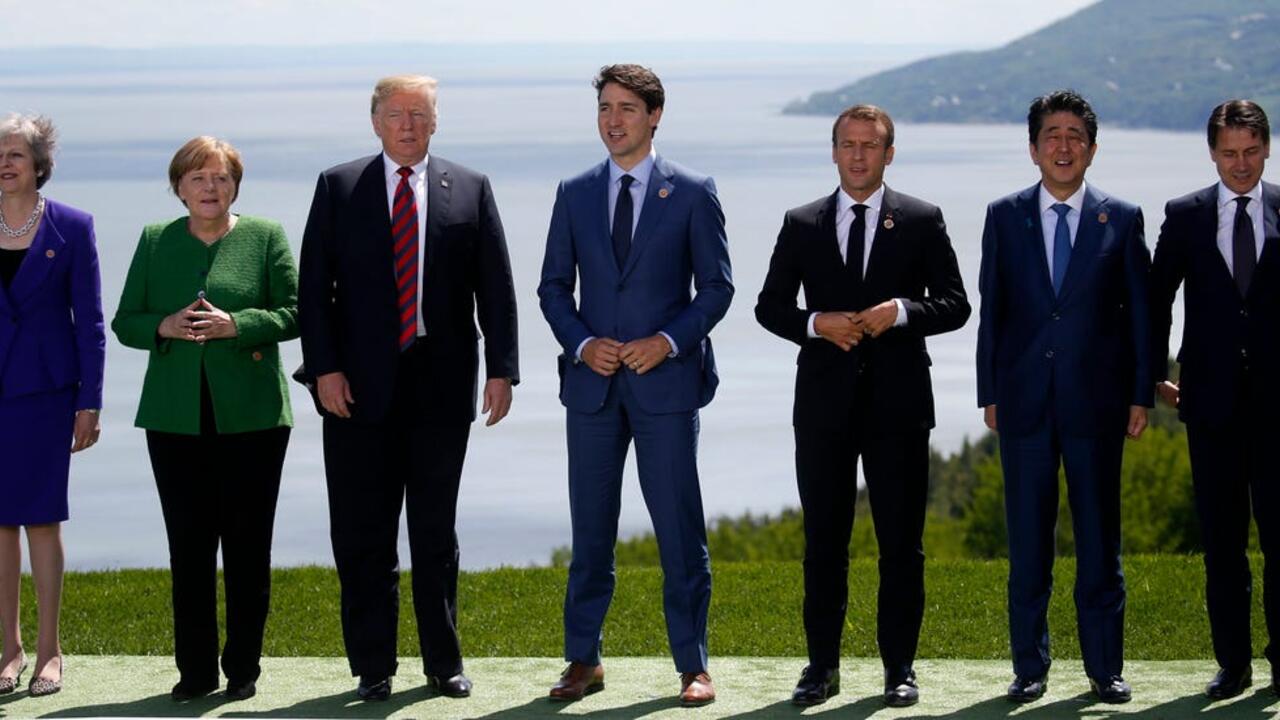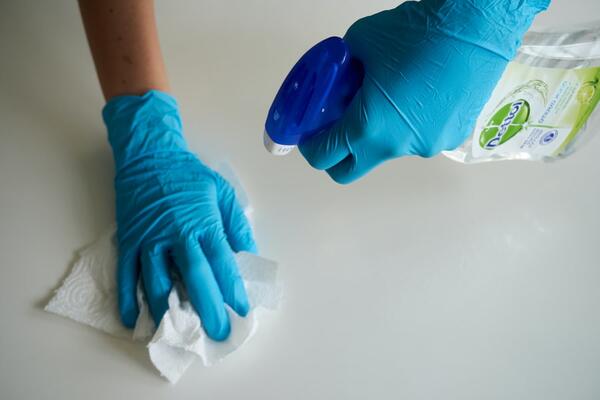The COVID-19 pandemic has illustrated more clearly than ever that there is a large and growing divide between people who trust public figures, and people who don’t.
Waterloo English professors Ashley Rose Mehlenbacher and Brad Mehlenbacher, experts in rhetorical studies, offer us insights into how leaders can more effectively communicate complex scientific and technical information and help people trust them and the information they are providing.
What makes a public figure trustworthy?
A. Mehlenbacher: Trust is a massively complex subject, but it provides a way into the problem and some variables to assess. First, considerable evidence suggests that the public trusts scientists, although we know someone’s field can influence how much they are trusted (climate scientists, for example, are less trusted). Other public figures, such as government representatives, may be less trusted. When scientists take on a role as an advisor to a governmental official or office, the public may have a different level of trust for that person than in their capacity as a research scientist.
Trust is contextual.
Why do some people believe scientific evidence about COVID and others don't?
B. Mehlenbacher: Canadians, according to recent surveys, trust doctors and scientists (PEW Research Center has some interesting data on how much they trust them). However, disbelief in science may not be about the science itself. For example, issues around COVID-19 have become increasingly politicized. There are likely actors spreading misinformation and fueling partisan divisions on this issue for various reasons. We might be better off reframing the question to ask where people are getting dubious information from and what we can do about that.
In other cases, someone might legitimately not trust doctors because of their experiences (racism, anti-Indigenous racism, and gender bias are all examples). The question, then, is really where the basis for disbelief or, perhaps, distrust lies. The scientific evidence might not persuade someone because that person doesn’t actually have strong feelings about the evidence itself. Rather, it might be someone does not trust the institution or person representing the institution.
Is there anything public figures can do to encourage people to believe the scientific evidence they consume?
A. Mehlenbacher: What we can see is that figures who have successfully balanced their role as scientist and public health official have a lot of what we rhetoricians might call credibility, but we mean something technical by that. When we talk about credibility, we’re talking about the ability to craft a credible persona, and that includes demonstrating to your audience that you have good will toward them, that you have the kind of virtues they believe are important (in scientists we might say they’re honest, for instance), and that you have the kind of practical wisdom to understand the complexities of a particular situation and to respond to the particulars of that situation. That last feature of a credible speaker is important. Consider the criticisms that might be levied against a public health official who hasn’t considered how families will be impacted, how our collective mental health is suffering, how economies will be damaged, and so on.
Credible public health officials—Dr. Bonnie Henry is one example—have shown repeatedly that they understand these complexities, can articulate them, and consider them when making decisions such as shutting down.
The University of Waterloo has a number of experts available for comment on various aspects of the COVID-19 pandemic, click here to see the up-to-date list.








